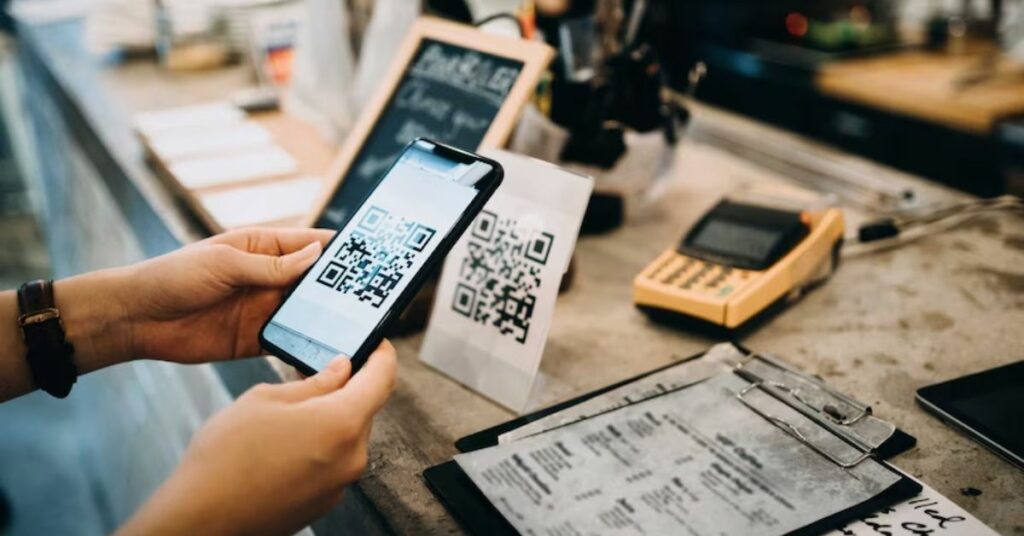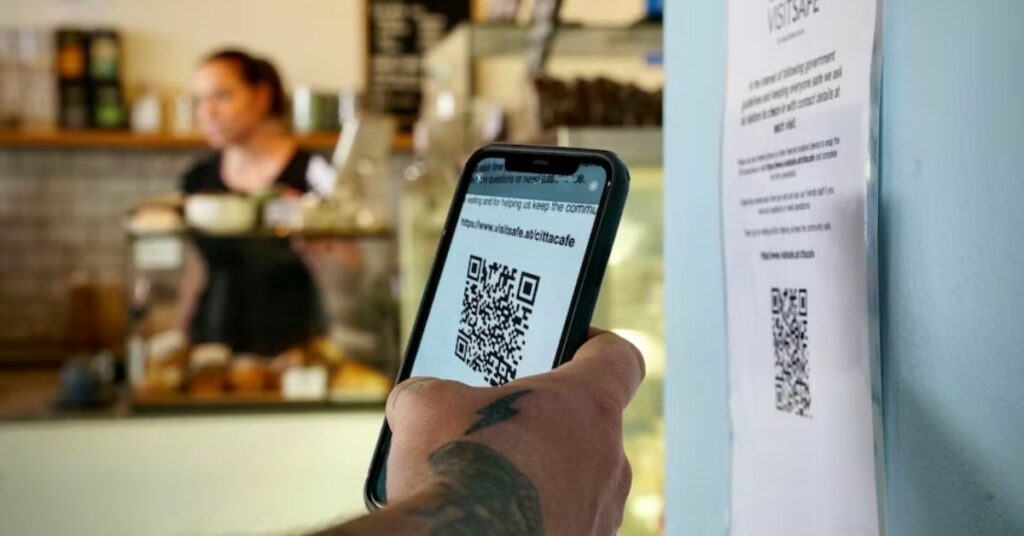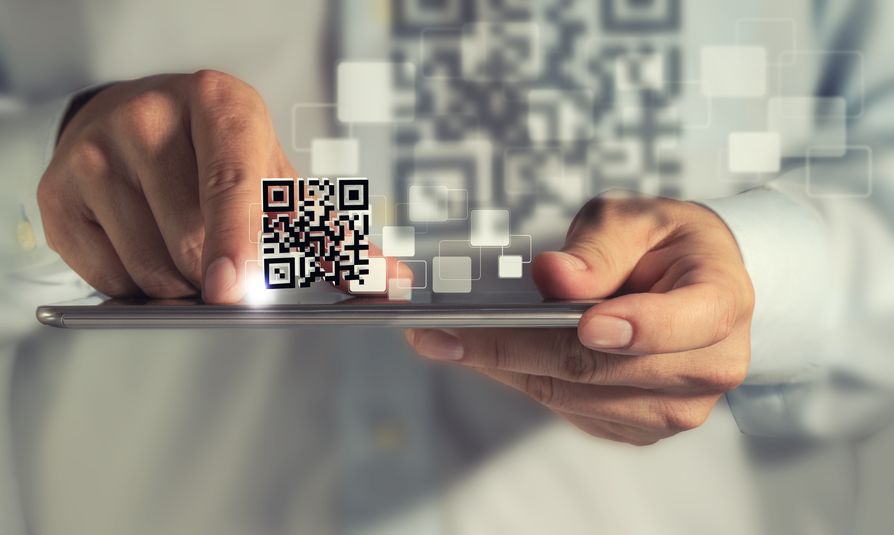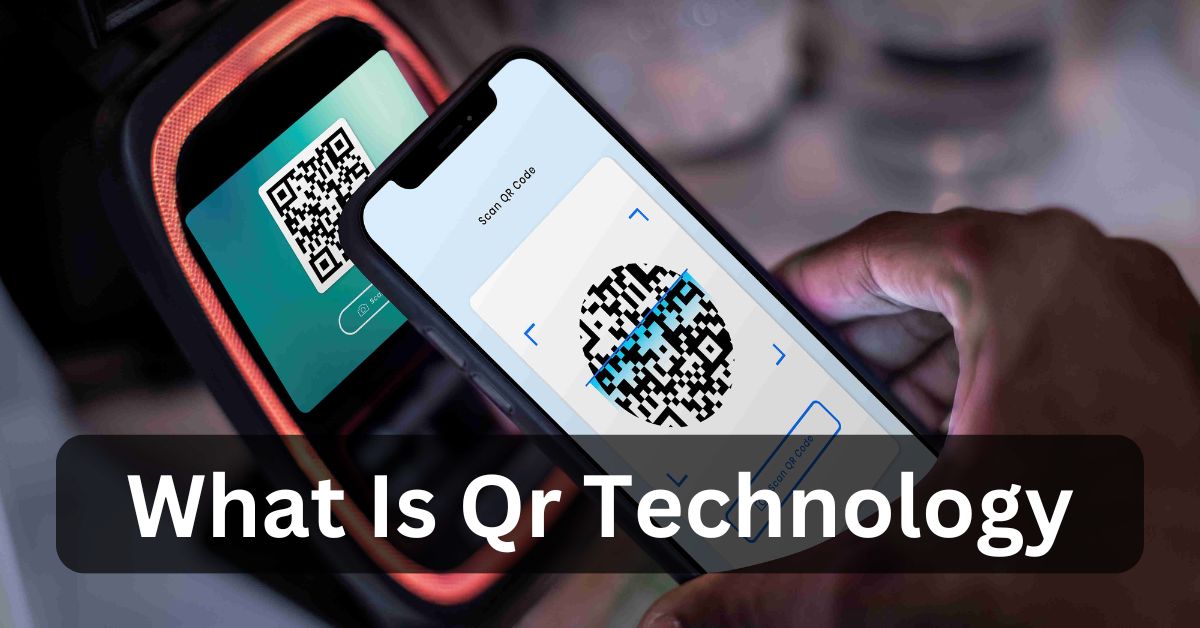What Is Qr Technology – The Ultimate Guide!
In our digital age, QR technology has become an increasingly ubiquitous tool, revolutionizing the way we interact with information, services, and products.
From facilitating seamless transactions to enhancing marketing strategies, QR codes have evolved into an indispensable asset across various industries.
In this comprehensive guide, we delve into the origins, mechanics, and diverse applications of QR codes, shedding light on their transformative impact on modern society.
Understanding QR Technology – Origins and Mechanics!
QR, or Quick Response, technology traces its roots back to Japan in the mid-1990s when Denso Wave, a subsidiary of Toyota, developed it for tracking automotive parts.
Unlike traditional barcodes, which are one-dimensional and store limited data, QR codes are two-dimensional, allowing them to contain significantly more information. This versatility makes QR codes ideal for a wide range of applications beyond inventory management.

At its core, a QR code consists of black squares arranged in a square grid on a white background. These patterns encode data in the form of binary information, which can represent various types of data, such as alphanumeric characters, numeric digits, binary bytes, or even Kanji characters.
QR codes employ a sophisticated error correction algorithm that enables them to remain functional even if they are partially damaged or obscured, ensuring reliable data retrieval in real-world scenarios.
The mechanics of QR technology involve a simple yet effective process. When a QR code is scanned using a compatible device, such as a smartphone or a dedicated QR scanner, the device’s camera captures the code, and specialized software decodes the information encoded within it.
This information may include website URLs, contact information, Wi-Fi network credentials, product details, or any other data relevant to the context in which the QR code is deployed.
Read Also: Is Best Buy Going Out Of Business? – Complete Guide!
Applications of QR Technology Across Industries – Delve Now!
The versatility of QR technology has led to its widespread adoption across diverse industries, where it serves various purposes ranging from enhancing operational efficiency to improving customer engagement. Here are some notable applications of QR technology:
1. Retail and E-commerce:
In the retail sector, QR codes are commonly used to provide detailed product information, enable seamless checkout processes, and facilitate mobile payments.
Retailers can embed QR codes on product packaging, signage, or promotional materials, allowing customers to access pricing, reviews, and other relevant data instantly.

Moreover, QR codes streamline the checkout experience by enabling contactless payments via mobile wallets or payment apps, reducing transaction times and enhancing customer satisfaction.
2. Marketing and Advertising:
QR codes have emerged as a powerful tool for marketers seeking to engage consumers in interactive and immersive experiences.
By incorporating QR codes into print advertisements, posters, or digital displays, marketers can seamlessly bridge the gap between offline and online channels, driving traffic to websites, social media platforms, or promotional campaigns.
Furthermore, QR codes enable marketers to track engagement metrics such as scan rates, user demographics, and conversion rates, facilitating data-driven decision-making and optimization of marketing strategies.
3. Hospitality and Tourism:
In the hospitality and tourism industries, QR technology facilitates contactless interactions, enhancing safety, convenience, and operational efficiency.
Hotels, restaurants, and attractions leverage QR codes to provide guests with digital menus, room service requests, tour information, and reservation bookings.
By minimizing physical contact and reducing wait times, QR codes contribute to a seamless guest experience while adhering to health and safety protocols.
Additionally, QR-based ticketing systems streamline entry procedures at tourist destinations, museums, and events, eliminating the need for paper tickets and manual validations.
Read Also: Mytcctrack – The Ultimate Guide For You!
4. Healthcare and Pharmaceuticals:
QR technology plays a crucial role in streamlining processes and improving patient care within the healthcare sector. Medical institutions utilize QR codes for patient identification, electronic health records (EHR) access, medication management, and inventory tracking.
By scanning QR codes on patient wristbands or medication labels, healthcare professionals can quickly retrieve relevant information, verify prescriptions, and ensure accurate administration of treatments.

Furthermore, pharmaceutical companies employ QR codes on packaging to provide consumers with product authentication, dosage instructions, and safety warnings, enhancing medication adherence and patient safety.
5. Education and Training:
QR technology enhances learning experiences by providing access to supplementary resources, interactive content, and instructional materials.
Educators incorporate QR codes into textbooks, worksheets, and presentations, enabling students to access multimedia content, quizzes, and tutorials with a simple scan.
Additionally, QR codes facilitate efficient distribution of course materials, assignment submissions, and feedback mechanisms, promoting active engagement and personalized learning.
In corporate training settings, QR codes are utilized for onboarding materials, training modules, and compliance documentation, enabling employees to access relevant resources on-demand and at their convenience.
Read Also: Tips for Selecting Borders for the Perfect Real Estate Letters
Conclusion:
By enabling smooth transactions and augmenting marketing strategies, QR codes have transformed into an essential tool across multiple sectors.
FAQs:
1. What are QR codes used for?
QR codes are utilized for various purposes including facilitating transactions, accessing information, and engaging with marketing campaigns.
2. How do QR codes work?
QR codes encode data which can be scanned and decoded by compatible devices such as smartphones, enabling users to access the embedded information.
3. Are QR codes secure?
QR codes themselves do not pose security risks, but users should exercise caution when scanning unknown codes to avoid potential malware or phishing attacks.
4. Can QR codes be customized?
Yes, QR codes can be customized in terms of design, color, and size to align with branding requirements or enhance visual appeal.
5. What devices are needed to scan QR codes?
Most modern smartphones come equipped with built-in QR code scanning functionality through their camera apps, eliminating the need for additional hardware.
6. Are QR codes still relevant in a digital age?
Absolutely, QR codes remain relevant and increasingly popular due to their versatility in facilitating contactless interactions, enhancing user experiences, and bridging offline and online channels.
Read Also:

